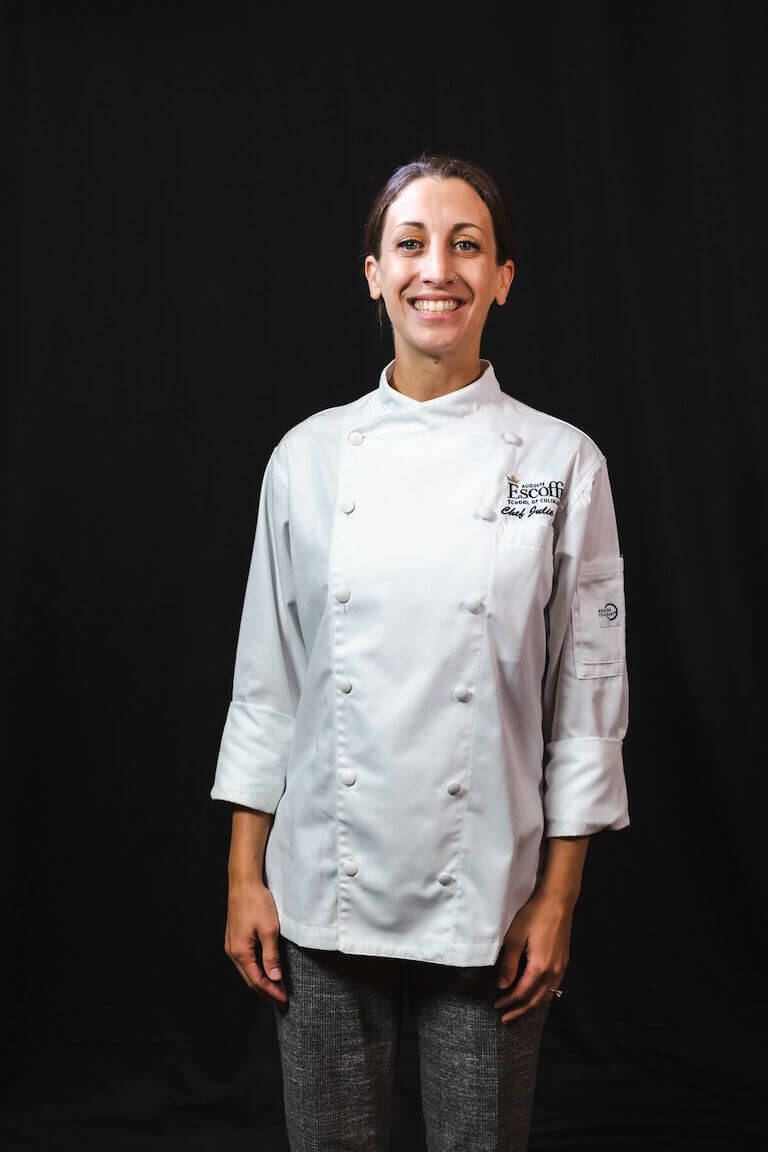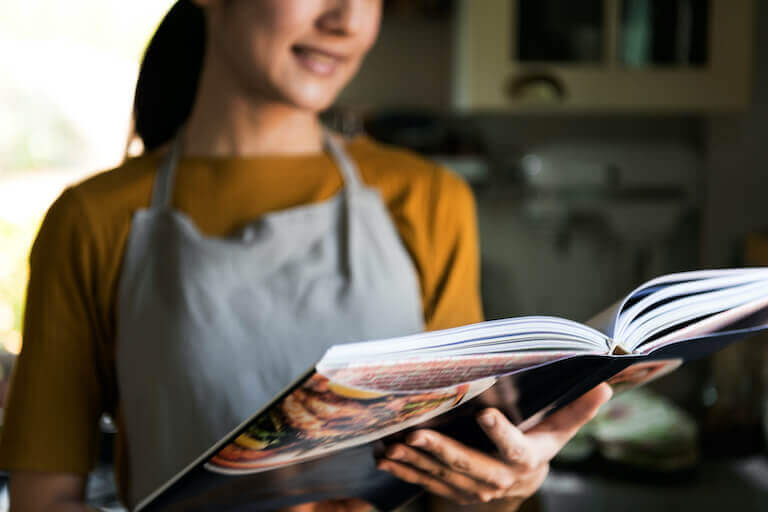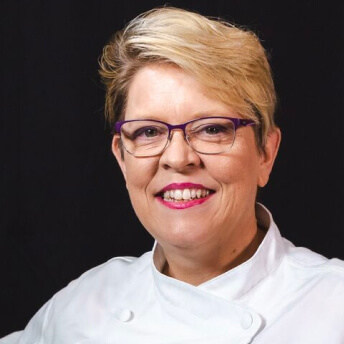As a professional chef, how might you always keep that “flicker” of passion alive, while fulfilling the key duties of your job? Yes, you might find contentment working in a kitchen and preparing satiating dishes that “wow” guests every time. But the vast and vibrant world of cuisine may offer you so many more out-of-the-box opportunities to keep your culinary curiosity alive. Keep reading to find out more about the top five experiences all great chefs should have.
1. Launch Your Own Restaurant
As Walt Disney once said, “The way to get started is to quit talking and begin doing.” As a professional chef, launching your own restaurant is an opportunity to unlock your dreams to develop your own masterpiece. It might be one of the most valuable experiences great chefs can have, if they’re interested in food entrepreneurship.
Although many steps are involved when launching this type of entrepreneurial venture, such as choosing a restaurant concept, brand, target demographic, menu, business plan, and more, it might be a chance to make a profound impact within the culinary landscape.
Think about it—you get to step into the “decision-maker” role, hire exceptional leaders to help you execute your vision, and create dishes with your signature touch.

How Can You Start Your Own Culinary Venture?
If you have big dreams to start your own culinary business, of course, you might want to consider culinary school to discover the key cooking fundamentals and skills.
Students who want to start their own business (i.e., a food truck) might also benefit from Escoffier’s Food Entrepreneurship program. This curriculum is the ideal experience for aspiring food entrepreneurs to explore strategic planning and applicable business ethics.
Along with honing a strong business acumen, all great chefs should experience how to problem-solve in the kitchen and practice exceptional time management, organization, leadership, and articulate communication. Oftentimes, these skills are the ingredients of success in the kitchen and might help your culinary business or restaurant grow and succeed.
“I may not be the most talented, I may not be the most skillful. The things I can control is how hard I can work, showing up on time, being present, and just doing it.”*
Escoffier Baking and Pastry Graduate Wes Duckworth
2. Train Under a World-Class Chef
When you train under a world-class chef, it might be a formative opportunity to shadow a seasoned culinarian who comes to the chopping block with a litany of refined skills, competencies, and experiences. For example, Michelin-Star chefs might spend years mastering distinct flavor profiles and cooking techniques that are powerful enough to shape a restaurant’s entire identity.
World-class culinarians, such as Michelin-star chefs, likely know how to source the best, seasonal ingredients to conceptualize dishes and catch the attention of critics and inspectors. Working under a world-class chef also means you might gain a competitive skill set and inspiration to start your own culinary venture.
Students who attend Escoffier can quickly acquire a balanced suite of skills and train under 100+ decorated Chef Instructors—including executive chefs, former and current business owners, Michelin-star chefs, and published authors.
Imagine what it would be like to study with Chef Instructor Jesper Johnson—a 37-year industry veteran who’s worked in eight Michelin-star restaurants over the course of his career… or Chef Instructor Julie Cohen who worked as a pastry cook for Michelin Star restaurant Band of Bohemia in Ravenswood, Chicago.
Any time you have a chance to shadow a revered chef, seize the opportunity—it’s an experience all great chefs should have.

Escoffier Chef Instructor Julie Cohen
3. Explore Global Cooking Traditions
When professional chefs are exposed to varying cooking traditions, this usually influences the conception of dishes and popular restaurants. Needless to say, traveling to culturally-rich locales and experiencing global cuisines is an essential experience all great chefs should have. It’s a time to harness your intrinsic curiosity and discover new techniques and ingredients that might elevate your skillset.

An international culinary experience displaying a traditional meat and vegetable Moroccan dish.
Escoffier students can engage in a diverse curriculum that spans a number of different culinary traditions. They may explore how to assemble an array of classic dishes and find the perfect wine pairings. For example, Culinary Arts students can cover French cooking fundamentals and traditions, including the mirepoix. In French cuisine, this is the core aromatic profile that is considered the “foundation” of various dishes. It’s a blend of two parts onion, one part celery, and one part carrots—usually cooked in butter or olive oil.
Along with classic French techniques, students can also explore the rich gastronomy roots of many influential culinary countries, from Italy and Spain to Asia and Africa. It’s safe to say, as a professional chef, it’s vital to always broaden your horizons. It’s a chance to eat delicious food, sharpen your skills, and discover idyllic concepts that could revolutionize your work as a chef.
4. Win a Cooking Competition
The chance to win a cooking competition might prove to be a career-defining moment. Although it may seem intimidating at first, you really have nothing to lose—plus it’s an opportunity to share your talents with the world, potentially earn extra cash, meet other revered chefs, and add an extra accolade to your resume.
“I think competitions are less about getting your technical skills down and more about meeting people. It’s about networking and meeting people. That’s what it’s about for me.”*
Chef Tracy DeWitt, Educator, and Winner of the Food Network Challenge
When you enter a cooking competition with the intention of “winning,” it’s also important to define your strategy.
Cooking Competition Tips
- Find a competition that is the best fit for you so you can leverage your strengths.
- Examine the cooking competition rules and regulations so you’re fully prepared.
- Find a recipe that’s not too complicated. Usually “simple” is best to enable the ingredients to shine.
- Remain organized and calm. Try not to panic, in order to avoid potential mistakes.
When you win a cooking competition, it might serve as the confidence booster you need to propel your culinary career forward!
5. Write Your Own Cookbook
Similar to launching your own restaurant, writing a cookbook is a completely transformative experience all chefs should have. It might require you to channel both your business and creative skills to develop your overarching vision for your cookbook. Think of this as an opportunity to share your signature recipes with the world and work through other factors, such as food photography, plating, budgeting, proposals, finding a literary agent, publisher, etc.
When you write your own cookbook, it’s a product of your dedication as a chef. It’s also a chance to captivate more followers and gain exposure to additional experiences that might shape your culinary career.

Engage in Experiences All Chefs Should Have
When you become a great chef, it’s not just about producing a novelty dish that impresses guests or concocting special flavor profiles. To achieve greatness in the culinary world, it’s about applying your skills, tapping into your strengths, and collecting a vast array of career-defining experiences. Begin to refine your culinary skill set and experience everything Escoffier has to offer.
Take the first step in your culinary career and get in touch with Escoffier’s Admissions Department.
Looking for more articles about culinary careers? Check these out next!
- How to Become a Chef: The Complete Guide
- What Does it Mean to be a Professional Cook?
- 5 Alternative Careers out of Culinary School
This article was originally published on June 20, 2018, and has since been updated.
*Information may not reflect every student’s experience. Results and outcomes may be based on several factors, such as geographical region or previous experience.

 Escoffier Baking and Pastry Graduate Wes Duckworth
Escoffier Baking and Pastry Graduate Wes Duckworth “I think competitions are less about getting your technical skills down and more about meeting people. It’s about networking and meeting people. That’s what it’s about for me.”*
“I think competitions are less about getting your technical skills down and more about meeting people. It’s about networking and meeting people. That’s what it’s about for me.”*